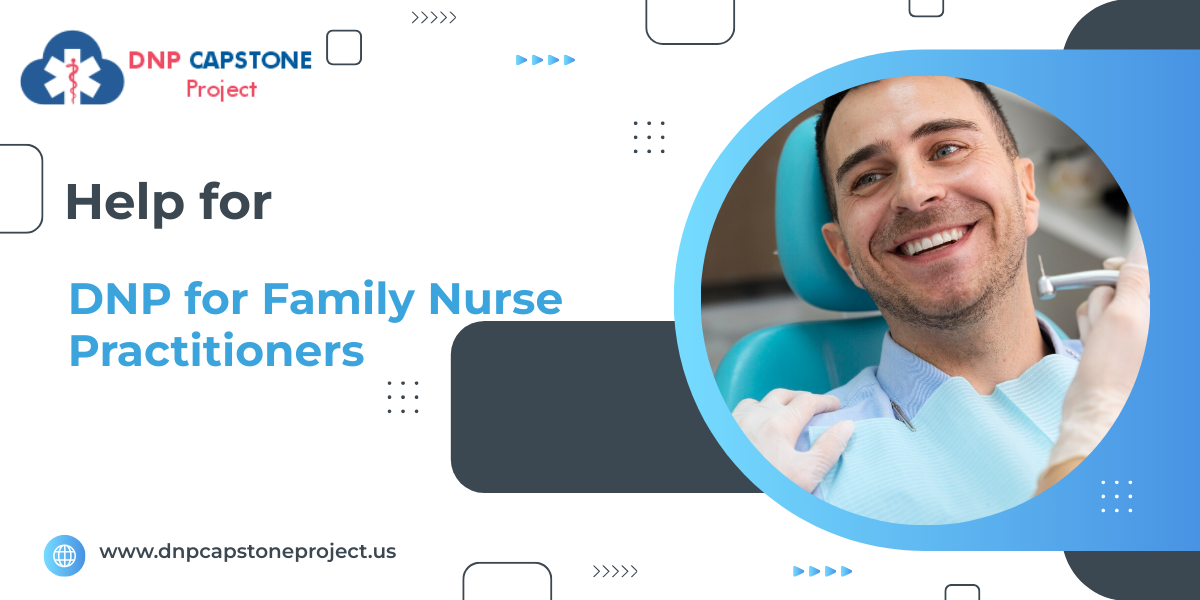Why a DNP is a Game-Changer for Family Nurse Practitioners
As healthcare continues to evolve in complexity, Family Nurse Practitioners (FNPs) are stepping up to meet the growing demand for high-quality, patient-centered care. One of the most impactful ways FNPs can elevate their practice, leadership capacity, and career prospects is by earning a Doctor of Nursing Practice (DNP).
Whether you’re a practicing FNP considering your next step or a student looking ahead, here’s why the DNP may be the game-changer you’ve been waiting for.
What is a DNP?
The Doctor of Nursing Practice (DNP) is a terminal degree in nursing focused on clinical practice rather than academic research (which is the focus of a PhD). The DNP prepares nurse practitioners to lead at the highest levels of clinical care, quality improvement, health policy, and systems leadership.
Why Should Family Nurse Practitioners Consider a DNP?
1. Elevated Clinical Expertise
DNP programs deepen your knowledge in evidence-based practice, pathophysiology, pharmacology, and health assessment—beyond what is covered in an MSN program. This advanced training allows FNPs to:
-
Manage complex patient cases with greater confidence.
-
Implement quality improvement initiatives.
-
Lead interdisciplinary teams more effectively.
2. Leadership Opportunities
With a DNP, FNPs are qualified for leadership roles such as:
-
Clinical director
-
Chief nursing officer
-
Health policy advisor
-
Faculty positions in nursing education
These positions give FNPs a seat at the table when it comes to decision-making in healthcare systems.
3. Influence on Policy and Population Health
DNP-prepared nurses are trained to look beyond the bedside and evaluate how systemic issues affect community health. You’ll gain the skills to:
-
Analyze health policy.
-
Advocate for underserved populations.
-
Develop and implement large-scale health interventions.
4. Preparation for the Future of Nursing
The American Association of Colleges of Nursing (AACN) has long advocated for the DNP as the standard for advanced practice nursing. While not yet mandatory, the trend is moving toward DNP-prepared NPs becoming the norm.
Earning a DNP now puts you ahead of the curve.
5. Better Patient Outcomes
Numerous studies suggest that advanced training at the doctoral level enhances clinical outcomes. With a DNP, you’ll be equipped to:
-
Reduce hospital readmission rates.
-
Improve chronic disease management.
-
Promote preventative care practices.
Common Pathways to the DNP for FNPs
-
BSN-to-DNP: For nurses with a BSN, this path integrates MSN and DNP coursework over 3–4 years.
-
MSN-to-DNP: For FNPs with an MSN, this is typically a 1.5–2.5 year program focused on systems leadership and clinical scholarship.
Many programs are offered online with part-time options for working professionals.
Is a DNP Worth It?
While the DNP requires a significant investment of time and resources, it often leads to:
-
Increased salary potential
-
Greater career flexibility
-
Long-term job security
-
Enhanced professional satisfaction
For FNPs committed to advancing their practice and shaping the future of healthcare, the DNP is more than worth it—it’s transformational.
Final Thoughts
The role of the Family Nurse Practitioner is expanding rapidly, and so are the expectations. A DNP isn’t just another degree—it’s a statement: that you are ready to lead, innovate, and elevate the standards of care in every setting you serve.



